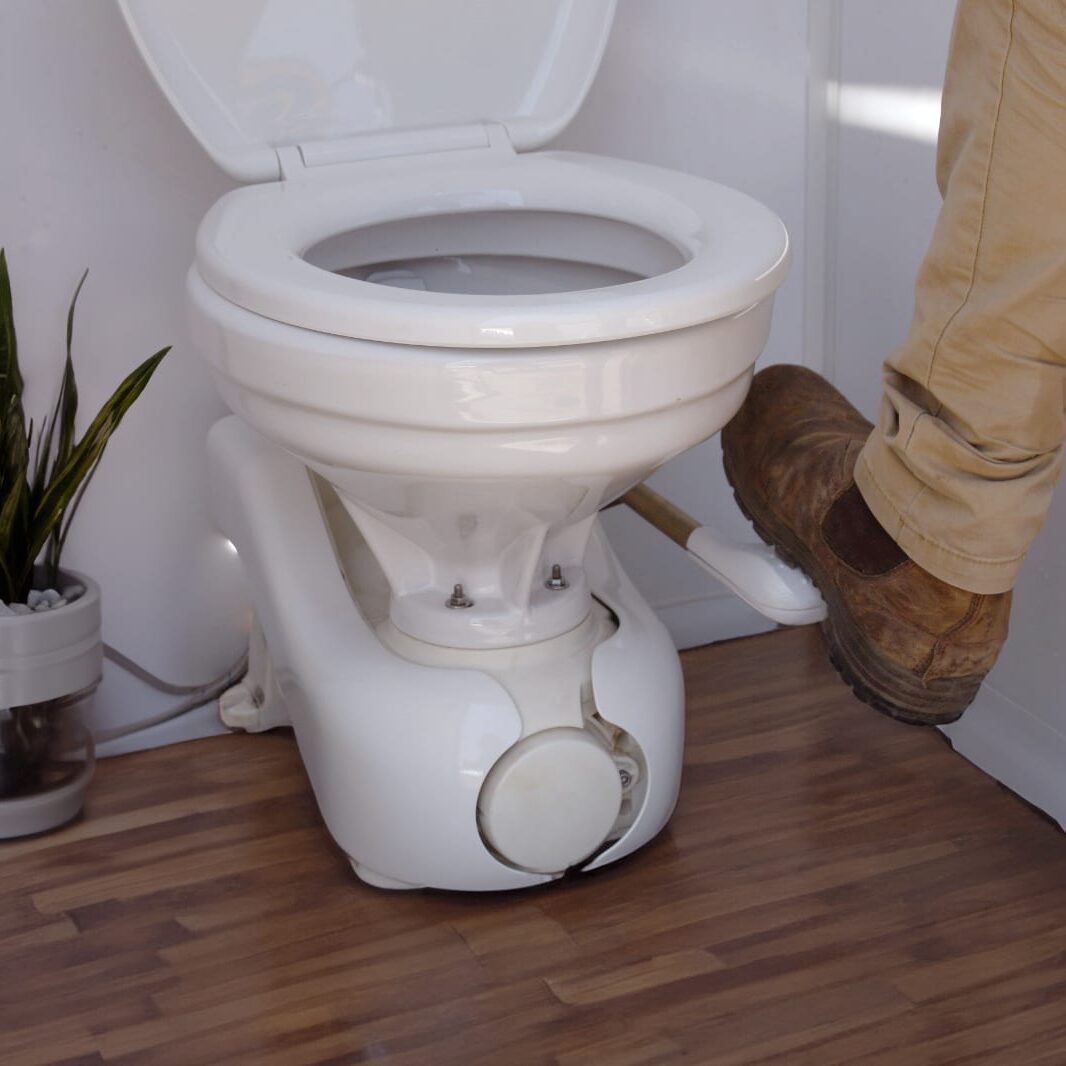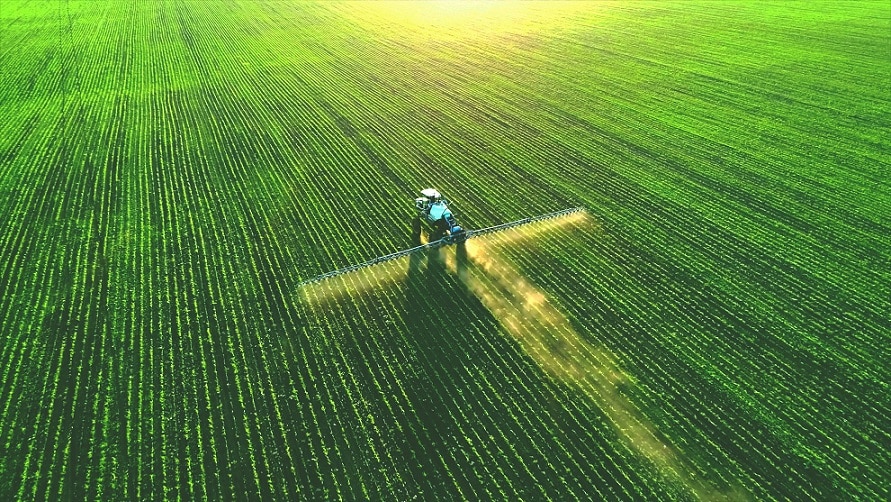
What is an organic fertilizer?
Organic fertilizers are carbon-based, naturally produced materials added to soil or plants to sustain growth. The term covers a variety of plant-derived substances, from fresh or dried plant material to agricultural by-products to animal manures.
In this case, the term “organic” highlights that the organic matter used to create the fertilizer is minimally processed. So, it doesn’t imply the same standards used when referring to organic food.
Organic fertilizers contain moderate amounts of nutrients that support plant growth—they have low nitrogen, phosphorus, and various other minerals, depending on the source materials.
The nutrients are slowly released into the soil, maintaining soil fertility, recreating balance in the environment, and organically supporting plant development.
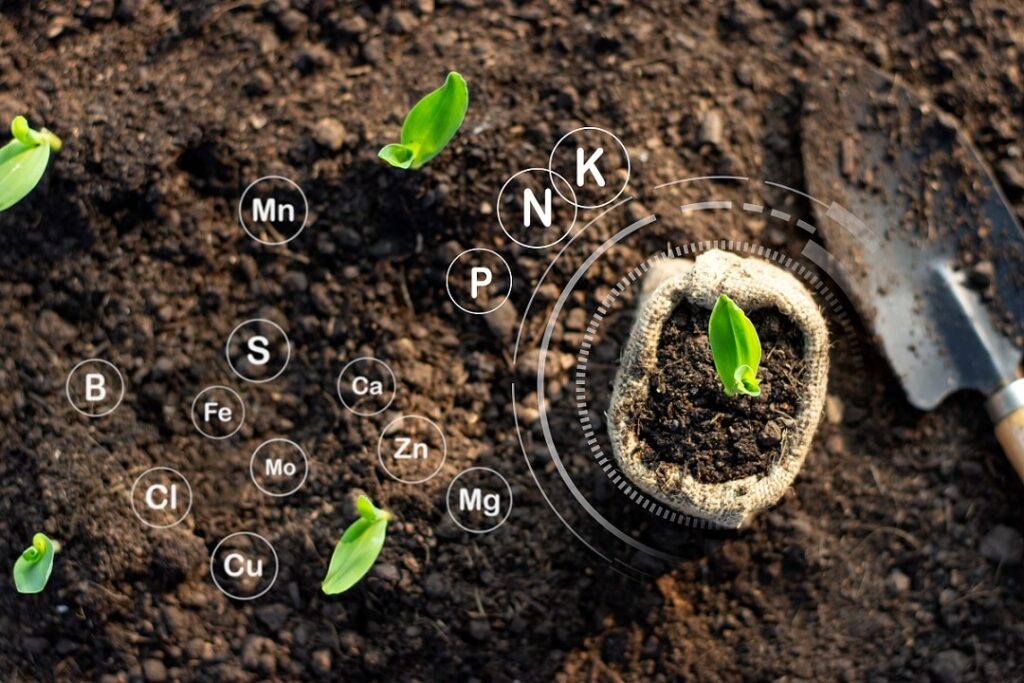
The benefits of organic fertilizer
Overall, organic fertilizers are considered less effective than chemical products due to their lower, more environment-friendly concentrations of nutrients. But this isn’t necessarily a bad thing if you’re looking for more balanced and healthy crops, fruits, and vegetables.
Thanks to being 100% natural products, they positively impact the environment in the long run while supporting your agricultural efforts in more than one way.
To understand the long-term benefits of using organic fertilizers in your garden, you need to consider soil structure, environmental impact, health concerns, and easiness of application.
1. You support soil regeneration
Not only do organic fertilizers boost your plants, but they also improve the soil texture. This way, it can hold water longer and create the proper environment for bacterial and fungal activity thanks to the carbon presence.
With balanced amounts of carbon, nitrogen, phosphorus, and potassium, microbes thrive and continuously produce nutrients for plants through natural processes.
On the other hand, synthetic fertilizers are more likely to eliminate a series of nutrients from the soil, making it unproductive in the long run.
2. You grow vigorous plants with sustainable methods
Natural fertilizers are less likely to harm your plants or the environment, as they release substances gradually in the fields, and there’s little chance for chemical substance buildups.
If you opt for synthetic fertilizers, some of their components contaminate the clean water sources and, as a consequence, harm local wildlife. In time, some of the toxic substances used can end in the seawater, impacting marine life.
Studies have shown that high amounts of nitrate that gather in the soil over years of using chemical fertilizers impact biodiversity, reduce biological activities in the area, and lower body weight in farm animals.
3. You can make the fertilizer and use it in your garden
When bought, organic fertilizer may cost more than synthetic alternatives. The good news is that you can keep costs down if you make the fertilizer. Moreover, the resulting materials can be easily spread on the soil without measuring and diluting possible harmful chemical substances.
And, if it happens to add a little more fertilizer than necessary, the odds it will damage your plants are minimum. It’s a significantly higher risk when you make the same error with chemical substances.
Sure, not all processes for obtaining organic fertilizer are made equal. Some are more complex and require large spaces and specific tools, but some alternatives are easy to install and manage.
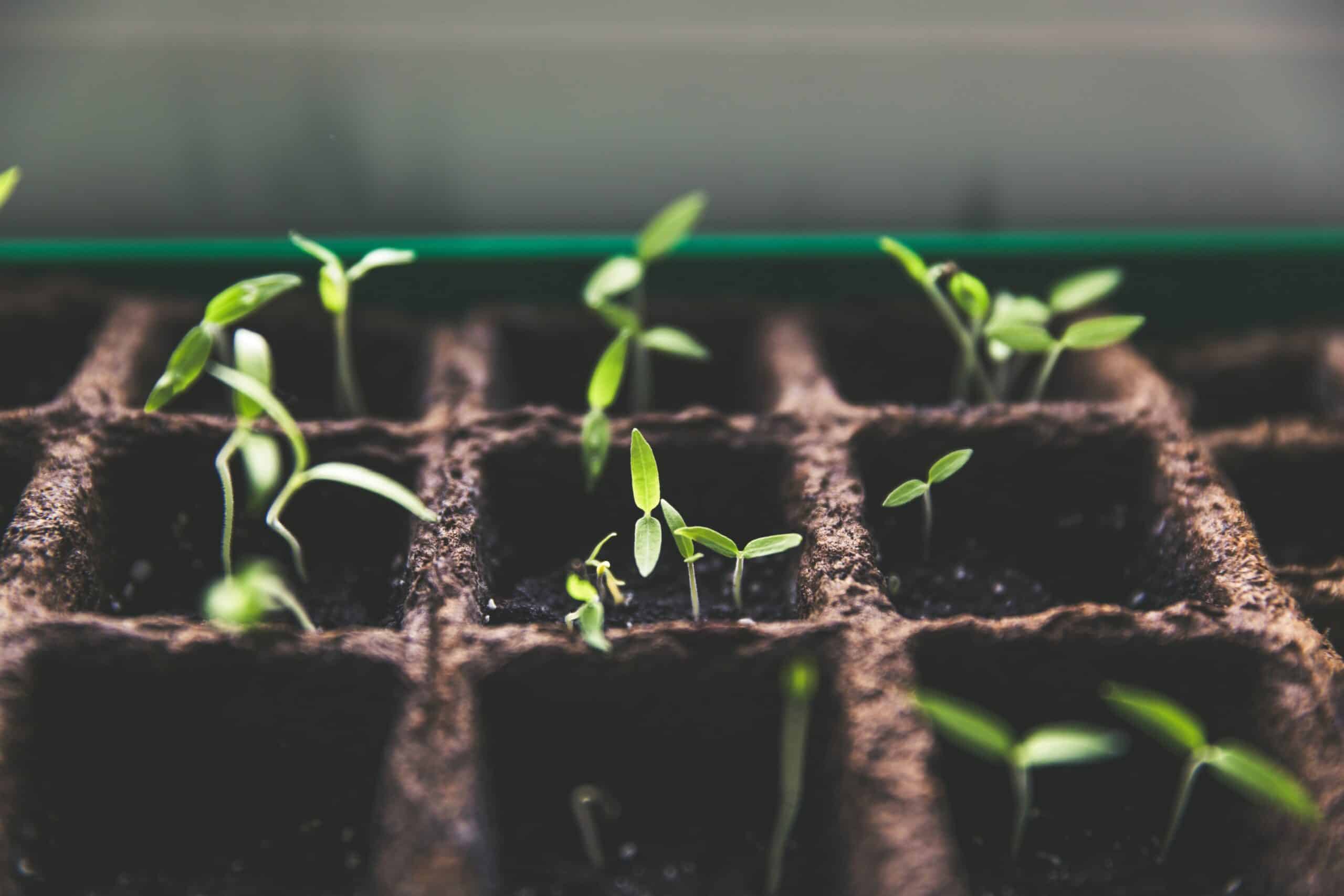
Organic vs. Inorganic Fertilizer
Inorganic fertilizers (or synthetic) are products obtained artificially. They accumulate high amounts of nutrients and minerals released in one batch and risk contaminating the soil and unbalancing its structure. The advantage of inorganic fertilizers is they provide immediate results. Still, the price to pay is high: substantial soil degradation and a negative impact on the environment in the long run.
Multiple studies discuss these inorganic fertilizers’ impact on the soil, water sources, and environment compared to sustainable alternatives.
Last but not least, many gardeners believe that the excessive usage of chemical fertilizers will also negatively impact food taste. So, if you want to use your garden to obtain high-quality food for you and your family, you should think twice before opting for chemical products.
Types and sources of organic fertilizer
If you’re a dedicated gardener and organic fertilizers seem the right solution to support your plants, you want to evaluate the various products on the market and find the one that better suits your needs.
Most organic fertilizer is obtained by composting, a process in which bacteria break down organic matter into gas and nutrients. Depending on the materials used, the fertilizer can be:
- Plant-based: from plant residue and agricultural by-products.
- Animal-based: from animal manures and residues from the slaughter of animals.
- Sea fertilizer: from sea minerals, fish, or seaweed
Examples of organic fertilizer
1) Manure
Manure is a balanced fertilizer made of waste mainly from cows, sheep, poultry, and horses. It contains balanced amounts of nutrients that provide sustainable plant growth and bring back balance into the soil. Thanks to its composition, manure is an effective fertilizer for all types of plants and cultures.
Fresh animal waste isn’t appropriate for fertilizing fields. The manure must go through a composting process before being used successfully as an organic fertilizer. Plus, you can obtain biogas besides fertilizer if the composting process occurs through anaerobic digestion.
2) Bat Guano
Bat guano (or bat waste) is a natural fungicide and highly effective organic fertilizer, with a high nitrogen concentration and a ratio of 10-3 NPK—10 percent nitrogen, 3 percent phosphorus, and 1 percent potassium.
The product is ideal for gardeners who want fast, green growth. However, it doesn’t come cheap, and making it at home can be dangerous. Bat waste is the perfect environment for pathogenic microorganisms, especially spores of a fungus that causes a lung disease called histoplasmosis, which can be lethal in some cases.
3) Blood or Bone Meal
Blood and bone meal are fertilizers obtained from powdered animal blood or ground bone. The blood-based products are rich in nitrogen, so you should use them in small amounts to support green growth.
Bone meal is famous for its high amounts of calcium and phosphate, essential for developing a resistant root system. You could use this fertilizer type to grow trees and other perennial plants.
4) Fish emulsion
Fish emulsion is made of decomposed powdered fish and carcass products and can have a particular smell. It’s rich in nutrients and secondary elements, such as calcium and magnesium. It’s an excellent option for multiple types of fruits and vegetables.
An alternative is seaweed fertilizer, made from dried and grounded seaweed.
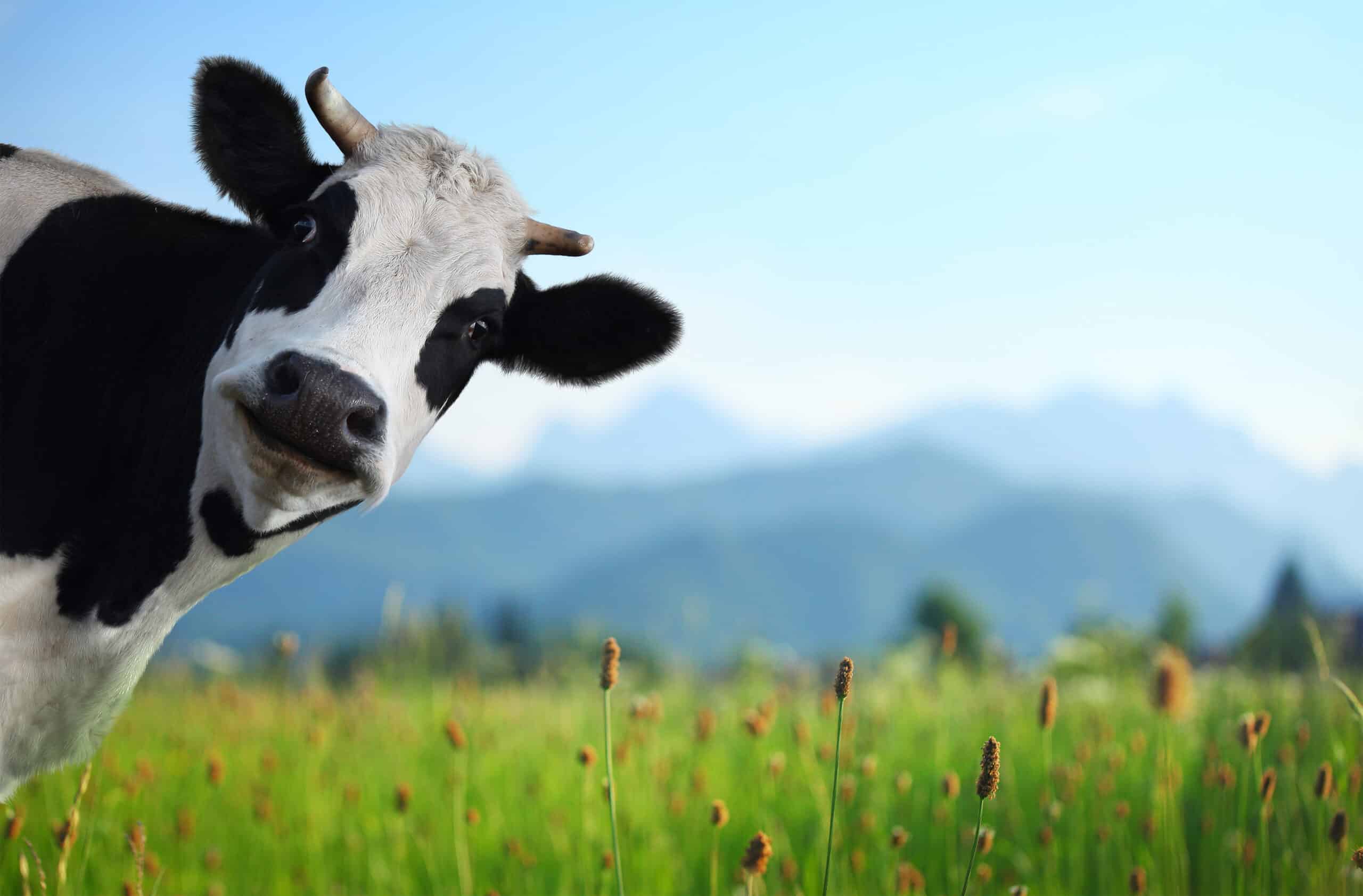
Best 3 organic fertilizers to buy right now
1. Dr. Earth Root Zone Starter Fertilizer
Dr. Earth Root Zone Starter Fertilizer is a 100% organic, Non-GMO Project Verified fertilizer safe for people and your pets. It’s made of human and feed-grade ingredients through sustainable processes. It also includes a series of multi-minerals, proteins, and carbohydrates to support soil regeneration and plant growth. It doesn’t contain manure.
The product is best used before planting—spread it in your garden and then plant your seeds. You can also use it when transferring a plant from a pot to your garden.
2. Wiggle Worm Soil Builder
Wiggle Worm Soil Builder is made of earthworm castings, making this fertilizer a balanced product suitable for all types of plants. It’s odorless and gradually releases nutrients into the soil, so the effects of this product can be seen for weeks or even months after application.
The product is 100% natural—worms grind nutrients and trace elements turning them into a ready-for-consumption treat for your plants.
3. Neptune’s Harvest Fish & Seaweed Fertilizer 2-3-1
Neptune’s Harvest Fish & Seaweed Fertilizer 2-3-1 is a liquid product made of grounded fish and kelp (it comes with a “fishy” smell, too). Its composition makes it the right fertilizer for almost all types of plants, especially vegetables and flowers.
You’ll need to follow the manufacturer’s instructions to dilute it and obtain the perfect booster for your plants.
How to make organic fertilizer at home
The best organic fertilizers on the market don’t come cheap. An alternative is to make it at home with minimum costs, no packages, and an even less significant impact on the environment.
Some of the most common home-made organic fertilizers are:
- Compost – a mix of food scraps, paper, and plant-based residue from agriculture. You’ll need a dedicated container where bacteria can break down the organic matter and turn it into fertilizer.
- Manure – whether it’s cow, chicken, or rabbit. In this scenario, too, you need a dedicated space to store and manage animal waste to give it time to decompose properly before spreading it on your land.
- Wood ash – if you have a fireplace. It’s an excellent source of minerals and elements like potassium, magnesium, calcium, and phosphorus. It makes an effective fertilizer and can help you counter slugs and snails in gardens. You can also use it to enrich compost.
- Cooking water. Yes, all the water you use for boiling vegetables, eggs, or even pasta can help the soil and add nutrients to your plants. Just make sure you wait until it reaches room temperature before using it.
- Eggshells. Preserve all the eggshells, let them dry, and ground them to obtain a calcium-rich treat for your garden.
Depending on your resources, location, and how much fertilizer you need, you can opt for one or more of these organic solutions. Suppose you need large amounts of fertilizer and can quickly obtain organic matter for this purpose. In that case, you can opt for a digester to obtain fertilizer and biogas through anaerobic digestion. This way, you get to take good care of your garden and provide cooking gas for your home with minimum costs.

Final Thoughts
Organic fertilizer is an environmental-friendly substance you can use to support plant growth while taking good soil care and practicing sustainable agriculture. While it may cost more than chemical fertilizers, the investment in long-term sustainable solutions will pay off as you obtain healthy, tasty food from your garden year after year.
If you have a large garden, you can opt to make organic fertilizer at home to keep costs down and grow healthy plants for you, your family, and the entire community.

